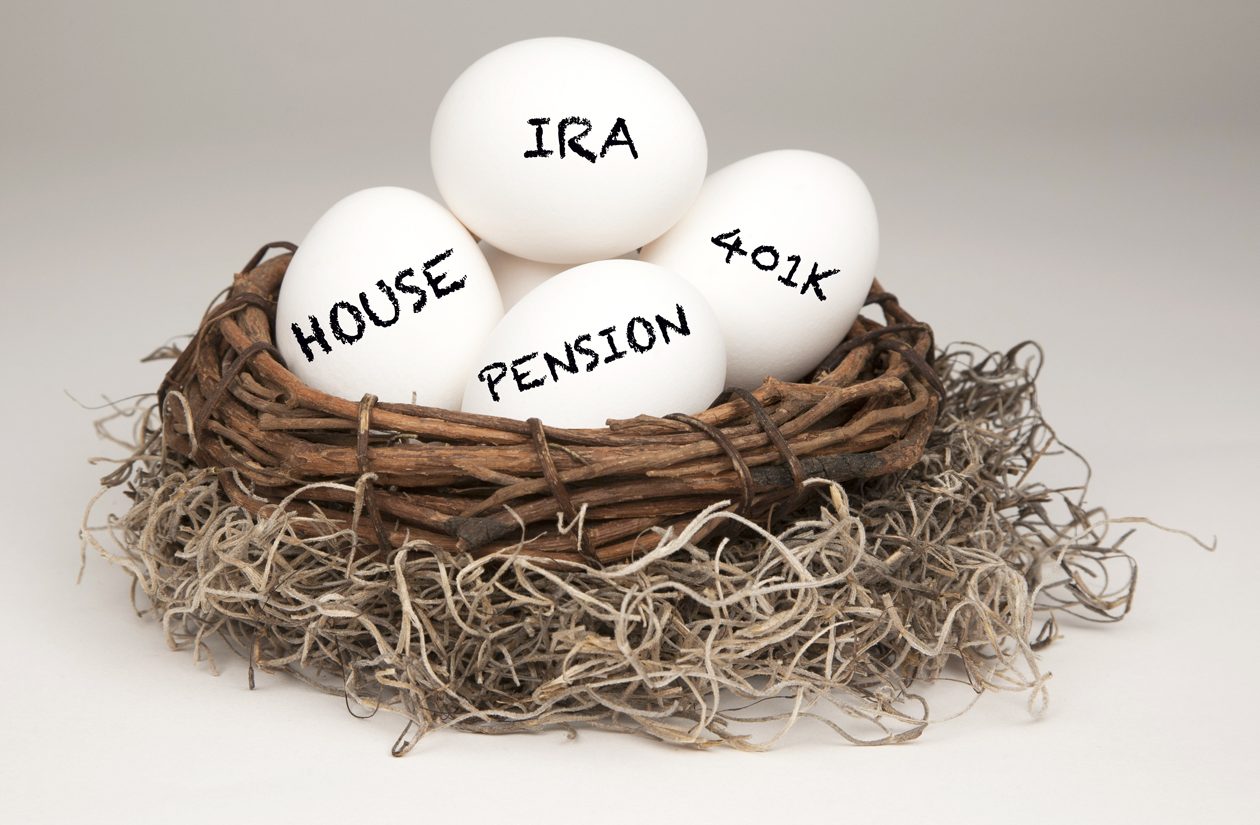Protecting Your Nest Egg: Homeowners Insurance for Retirees
As retirees embark on this new phase of their lives, protecting their hard-earned assets becomes paramount. One often overlooked but vital aspect of financial security during retirement is homeowners insurance. In this article, we’ll delve into the world of homeowners insurance for retirees, exploring its significance, coverage options, cost factors, discounts, and tips for finding the right policy. Let’s navigate this important aspect of securing your nest egg.
Understanding Homeowners Insurance
Before we dive into the specifics, it’s crucial to understand what homeowners insurance is. This insurance policy provides coverage for potential damages or losses to your home, personal belongings, and liability risks associated with homeownership.
Why Homeowners Insurance for Retirees is Crucial
Tailored Protection for Retirees
Retirees have unique needs that homeowners insurance can address. This coverage offers peace of mind and financial security during retirement, allowing you to enjoy this phase of life without worrying about unexpected financial setbacks.
Ensuring Financial Stability
With a fixed income, retirees need to protect their savings and investments. Homeowners insurance helps maintain financial stability by covering the costs of repairs or replacements in the event of covered perils, such as fire or theft.
Types of Coverage for Retirees
Homeowners insurance typically includes the following types of coverage:
Dwelling Coverage
This component covers the physical structure of your home. It ensures that you can repair or rebuild your home if it is damaged by covered perils.
Personal Property Coverage
Personal property coverage safeguards your belongings, such as furniture, electronics, and clothing. It helps replace or repair these items if they are damaged or stolen.
Liability Coverage
Liability coverage protects you in case someone is injured on your property, covering medical expenses and legal fees.
Factors Affecting Homeowners Insurance Premiums
Several factors influence the cost of homeowners insurance for retirees:
Location and Region
The location of your home, including its proximity to fire stations and the risk of natural disasters, significantly impacts your premiums.
Home Value and Size
The value and size of your home determine the coverage needed, which in turn affects your premiums.
Age of the Retiree
Retirees often qualify for discounts, but your age can also affect your insurance costs.
Discounts for Retirees
Senior Discounts
Many insurers offer discounts to retirees, recognizing their responsible homeownership and reduced risks.
Home Security Discounts
Investing in home security systems can lead to additional discounts, as they reduce the risk of theft or damage.
Tips for Finding Affordable Homeowners Insurance
To secure the best coverage at an affordable rate:
Shopping Around for Quotes
Obtain quotes from multiple insurers to compare prices and coverage options.
Bundling Policies
Consider bundling your homeowners insurance with other policies, like auto insurance, for potential discounts.
Understanding Deductibles and Coverage Limits
Explanation of Deductibles
Deductibles are the amount you must pay before your insurance coverage kicks in. Understanding them is crucial to managing your insurance costs.
Determining Appropriate Coverage Limits
Work with your insurer to determine the appropriate coverage limits that suit your needs and budget.
Common Exclusions and Additional Coverage Options
Flood Insurance
Homeowners insurance typically doesn’t cover flood damage, so consider purchasing a separate flood insurance policy if you live in a flood-prone area.
Earthquake Insurance
If you reside in an earthquake-prone region, you may want to explore earthquake insurance options.
Reviewing and Updating Your Policy
The Importance of Annual Reviews
Regularly reviewing your policy ensures it aligns with your changing needs and circumstances.
Adjusting Coverage as Needed
Retirees should consider updating their coverage as they downsize, renovate, or make other significant life changes.
Claims Process and Handling
Steps to Take in the Event of a Claim
Knowing how to navigate the claims process can make a significant difference in the outcome of your claim.
Importance of Documentation
Proper documentation is key when filing a claim, so be sure to keep records of your possessions and home improvements.
Home Security Measures for Retirees
Securing Your Home to Prevent Claims
Implementing security measures such as alarm systems and reinforced doors can help reduce the likelihood of claims.
Reducing Risks for Insurers
Taking steps to mitigate risks can result in lower premiums and more affordable coverage.
Understanding the Role of an Insurance Agent

The Value of Professional Advice
Insurance agents can provide valuable guidance in selecting the right policy and understanding the intricacies of homeowners insurance.
Questions to Ask Your Agent
When working with an agent, don’t hesitate to ask questions to ensure you fully comprehend your policy.
Conclusion
In the journey of retirement, financial security is paramount, and homeowners insurance plays a crucial role in achieving it. By understanding the specific needs of retirees, exploring coverage options, considering discounts, and regularly reviewing and updating policies, retirees can protect their nest eggs and enjoy their golden years with peace of mind.
FAQs :
- Is homeowners insurance mandatory for retirees?
No, homeowners insurance is not legally required, but it is highly recommended to protect your assets and provide financial security.
- What if I live in an area prone to natural disasters?
If you reside in a high-risk area, consider additional coverage options like flood or earthquake insurance to safeguard your home.
- Are there age-related discounts available for retirees?
Yes, many insurers offer senior discounts for retirees, recognizing their responsible homeownership.
- Can I reduce my premiums by improving home security?
Yes, installing home security systems can lead to discounts on your homeowners insurance premiums.
- How often should I review my homeowners insurance policy?
It’s advisable to review your policy annually to ensure it aligns with your changing needs and circumstances.




